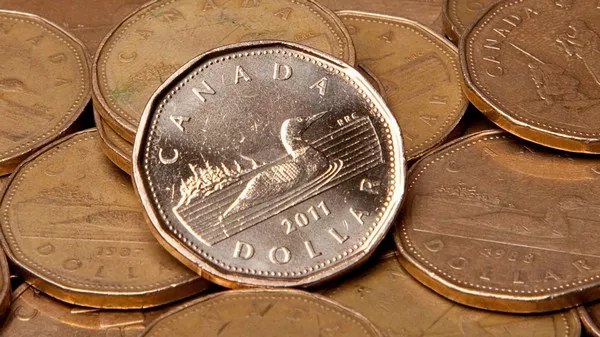The USD/CAD pair exhibits weakness below the 1.3500 level during the early Asian session on Monday, with both US and Canadian markets closed due to the President’s Day holiday and Family Day, respectively. Investors are awaiting cues from the Canadian Consumer Price Index (CPI) for January, projected to ease to 3.2% YoY from December’s 3.4%. Currently trading around 1.3480, the pair has gained 0.02% on the day.
The US Producer Price Index (PPI) for January showed a notable climb, increasing 0.3% MoM, marking the most significant move since August. The core PPI, excluding food and energy, also rose by 0.5% MoM in January, defying expectations for a 0.1% gain. On an annual basis, the headline PPI rose 0.9% YoY, while the Core PPI climbed to 2.0% from 1.7% in the previous reading, as reported by the Bureau of Labor Statistics, Department of Labor on Friday. This unexpected surge underscores the persistent nature of inflation, potentially influencing the Federal Reserve (Fed) to defer interest rate cuts.
Turning attention to the Loonie, Bank of Canada (BoC) deputy governor Toni Gravelle’s statement last March indicated an expectation to conclude quantitative tightening in late 2024 or early 2025. However, short-term traders’ speculation suggests a potential acceleration of this trend. The rise in oil prices, with Canada being a significant oil exporter to the United States, may contribute to the strength of the Canadian Dollar and limit upside potential for the USD/CAD pair.
Market participants will closely monitor the upcoming Canadian Consumer Price Index (CPI) and, later in the week, the release of FOMC Minutes on Wednesday and Canada’s Retail Sales on Thursday. The holiday lull sets the stage for potential shifts in the currency pair as economic data unfolds in the coming days.


